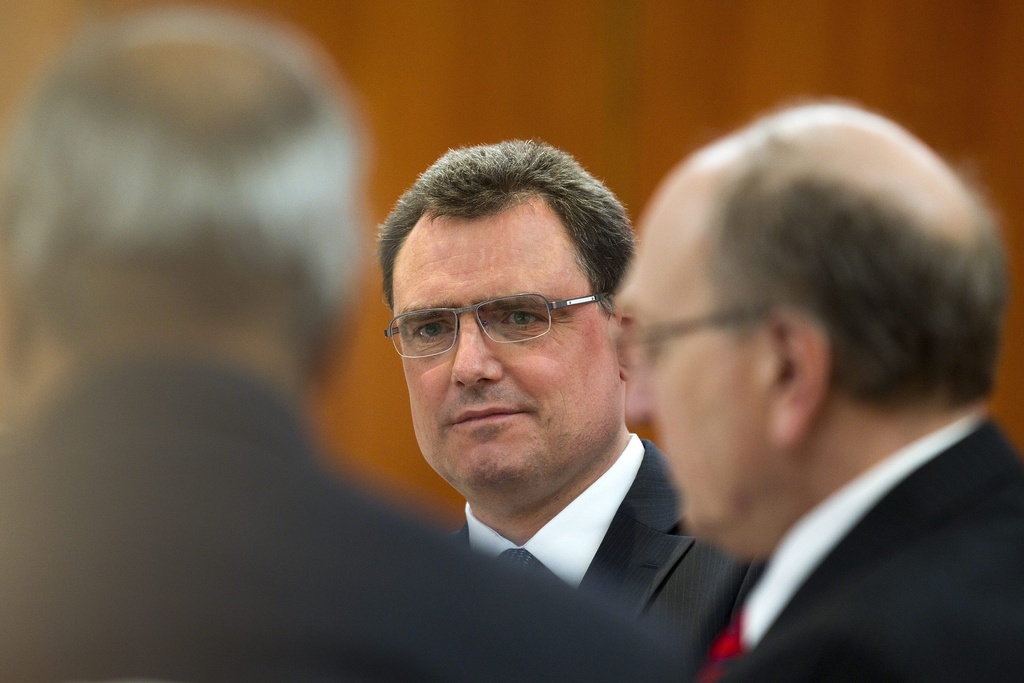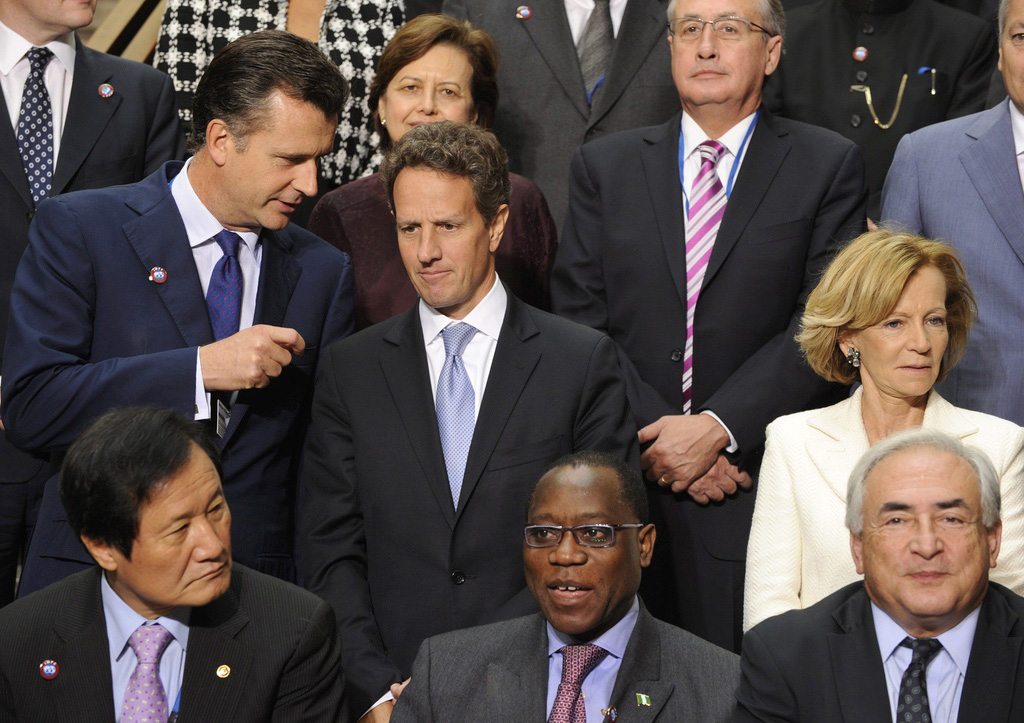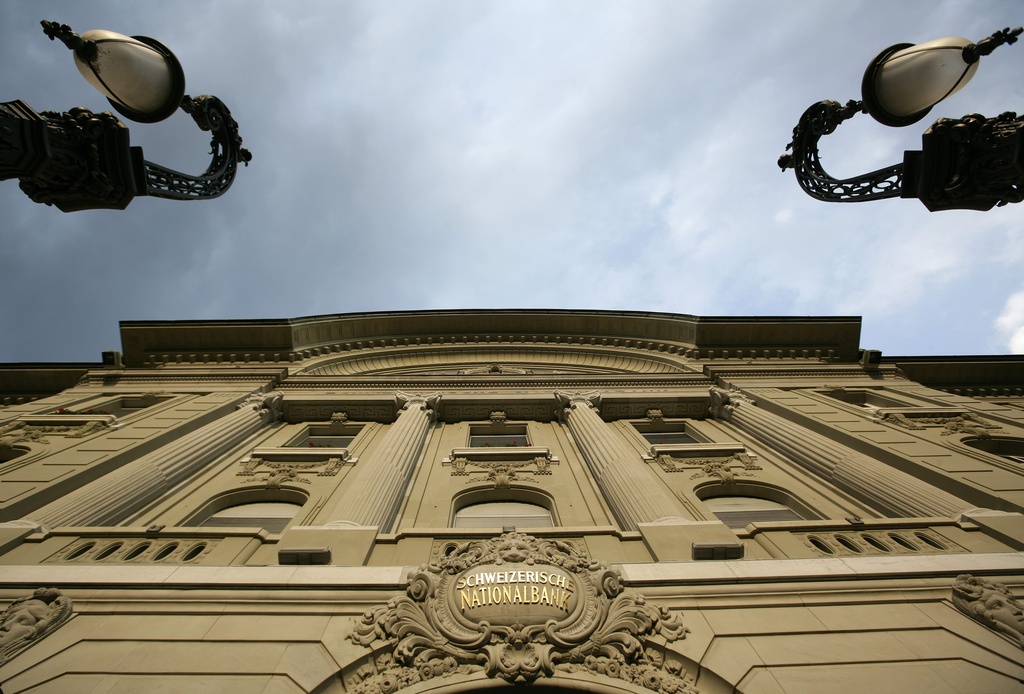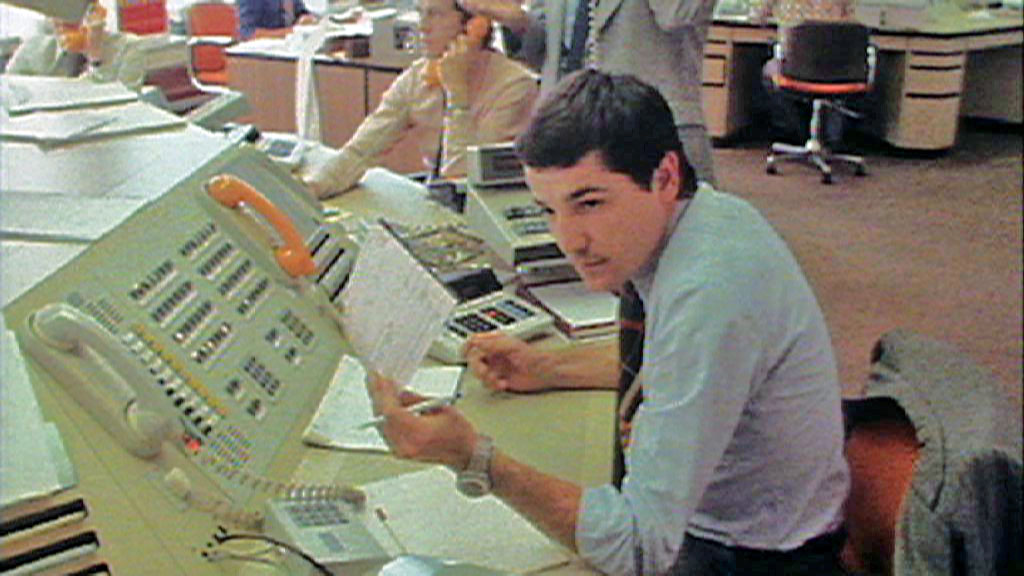SNB interim chief warns of eurozone risk

An escalation of the eurozone debt crisis is the biggest threat to the economy as it could prompt deflation, the Swiss National Bank (SNB)’s acting chairman has warned.
In a speech to the Swiss-American Chamber of Commerce, Thomas Jordan said the bank would enforce its minimum exchange rate of SFr1.2 per euro with “utmost determination” to shield the economy from deflation risks and damage to the industrial base.
The SNB capped the franc on September 6, 2011 to prevent Switzerland from tipping into recession. Safe-haven currency buyers worried about the eurozone’s debts had pushed the franc up versus the euro by 20 per cent in just a few months.
“If the risk scenario of a further escalation of the debt crisis were to materialize, economic activity in Switzerland would suffer a much more pronounced slowdown,” Jordan told the audience in Geneva on Tuesday. “Such a development would lead to a severe risk of deflation.”
Switzerland’s biggest trading partner is the European Union, but the overvalued franc also cut into business with the United States and the developing world.
Jordan said efforts to keep a lid on the franc had had a positive impact so far but for the vast majority of Swiss firms the situation remained “very challenging”.
The Swiss economy was expected to “grow only weakly over the next few quarters of 2012,” he noted, after stagnating at the start of the year.
Still strong
The acting chairman said the Swiss franc remained “very strong” and the bank was determined to defend its cap using “unlimited currency interventions”.
“Given this difficult environment, we remain firmly committed to defending the minimum exchange rate of 1.20 francs per euro,” said the SNB chief.
“This commitment applies at any time, from the moment the market opens in Sydney on Monday to when it closes in New York on Friday. We will not tolerate any trading below the minimum rate.”
Jordan said the bank stood ready to take further measures if the economic outlook and the risk of deflation so required.
Since the beginning of the year the franc has gradually strengthened, flirting with the SFr1.20 level during the past week as the markets test the central bank’s resolve.
At the helm
Jordan took over as interim chief after Philipp Hildebrand resigned on January 9 over controversial currency deals. It emerged his wife had made currency trades shortly before the SNB intervened to weaken the franc against the euro last summer.
Finance Minister Eveline Widmer-Schlumpf has said it could take several weeks and potentially months before the cabinet appoints a successor but Jordan is thought to be a serious contender.
He enjoys a solid reputation after joining the SNB in 1997 and climbing up through the ranks. He has largely an academic background; he received his doctorate from Bern University and did postgraduate work at Harvard.
Before his appointment, Jordan headed the financial markets unit and for the past two years oversaw the regulatory department, which is pushing for flagship banks UBS and Credit Suisse to solidify their balance sheets.
Created in 1907, the Swiss National Bank (SNB) was given exclusive rights to print money in Switzerland and charged with ensuring price stability.
It has the legal status of a joint stock company, with Switzerland’s 26 cantons each holding a significant share in the bank.
The SNB is obliged to hand over two-thirds of its excess profits to the cantons each year and a further third to the government.
In the 1970s, the SNB intervened in the currency markets to stop the franc gaining in value against the German Deutschmark.
The operation was considered a success as it halted the franc’s rise, but it resulted in rampant inflation in the early 1980s.
The SNB was reorganised in the 1990s to turn it into a more streamlined organisation. The central bank’s independence was also written into the Swiss constitution, with the changed version coming into force in 2000 after a referendum.
The SNB’s independence was reiterated in the revised National Bank Act in 2004. At the same time, its supervisory council was given greater strength to oversee operational standards.
Parliament is due to discuss the recent turbulence surrounding the SNB and the resignation of Philipp Hildebrand during the 2012 spring session.

In compliance with the JTI standards
More: SWI swissinfo.ch certified by the Journalism Trust Initiative





You can find an overview of ongoing debates with our journalists here. Please join us!
If you want to start a conversation about a topic raised in this article or want to report factual errors, email us at english@swissinfo.ch.